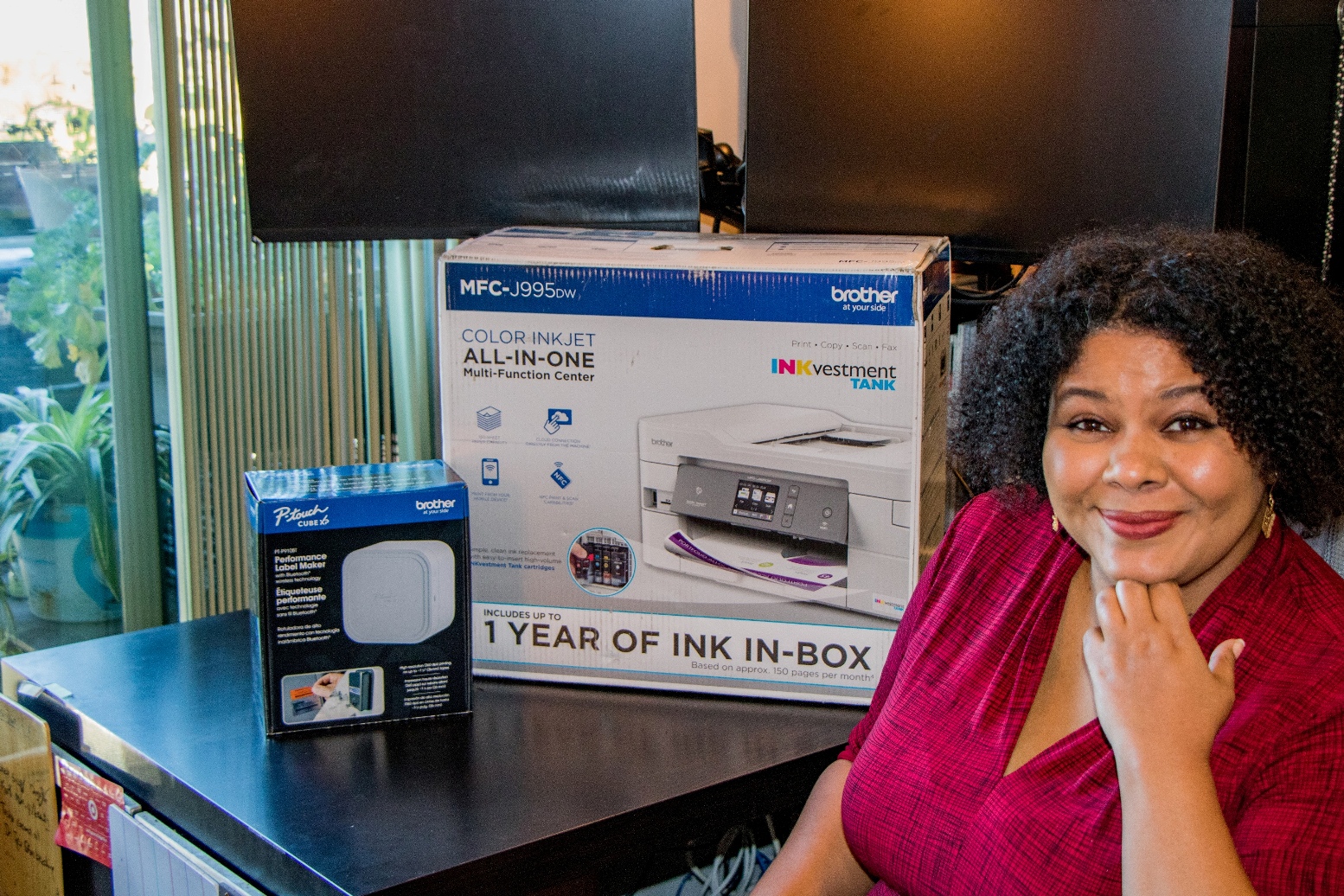3 Common Financial Mistakes Retirees Make — and How to Avoid Them

1. WITHDRAWING FROM SAVINGS TOO AGGRESSIVELY
Ideally, you’ll enter retirement with a nice chunk of money in your 401(k) or IRA. That money needs to last throughout your senior years. If you withdraw from your savings too aggressively, you risk depleting your nest egg prematurely and struggling through the latter part of your retirement.
Image source: Getty Images.
For years, financial experts have been advocates of the 4% rule, which lets you start by removing 4% of your savings balance during your first year of retirement and then adjusting subsequent withdrawals for inflation. That rule is fairly outdated, however. Following it could mean drawing down your nest egg too quickly. This especially holds true if you’ve retired on the early side and expect to live a longer life due to family history or great health.
A better bet is to either work with a financial advisor to figure out the right withdrawal rate for your circumstances. Alternatively, draw that conclusion by assessing your asset mix and figuring out how much income it’s likely to provide. A retirement portfolio that’s 80% bonds cannot support a 4% withdrawal rate, generally speaking. If you’re heavily loaded up on bonds, a 2% or 2.5% withdrawal rate may be more appropriate.
Many seniors spend money like they did when they were working, especially early in retirement. Yet doing so could land you in a world of debt — debt you might really struggle to repay on a fixed income.
Map out a budget based on the monthly income you have access to, like retirement plan withdrawals and Social Security. Just make sure you’re factoring in enough to cover unexpected expenses like home repairs, as well as out-of-pocket costs under Medicare.
3. NOT ACCOUNTING FOR TAXES
Many seniors are shocked to learn that they’re not off the hook on paying the IRS during retirement. Most senior income sources are actually subject to taxes.
Take retirement plan withdrawals. Unless you’re housing your savings in a Roth account, the distributions you take will be taxed. The same could hold true for your Social Security benefits if they’re not your only source of income (which they shouldn’t be). Factor taxes into your budget to avoid a large IRS debt — and a world of stress.
Even if you save well for retirement, mistakes like these could cause you to flounder financially later in life. Don’t let that happen. Instead, establish a smart retirement plan withdrawal strategy, set up a detailed budget, and read up on the taxes you’re likely to pay. Doing could help you enjoy the worry-free retirement you’ve always dreamed of.
The $16,728 Social Security bonus most retirees completely overlook
If you’re like most Americans, you’re a few years (or more) behind on your retirement savings. But a handful of little-known “Social Security secrets” could help ensure a boost in your retirement income. For example: one easy trick could pay you as much as $16,728 more… each year! Once you learn how to maximize your Social Security benefits, we think you could retire confidently with the peace of mind we’re all after.



